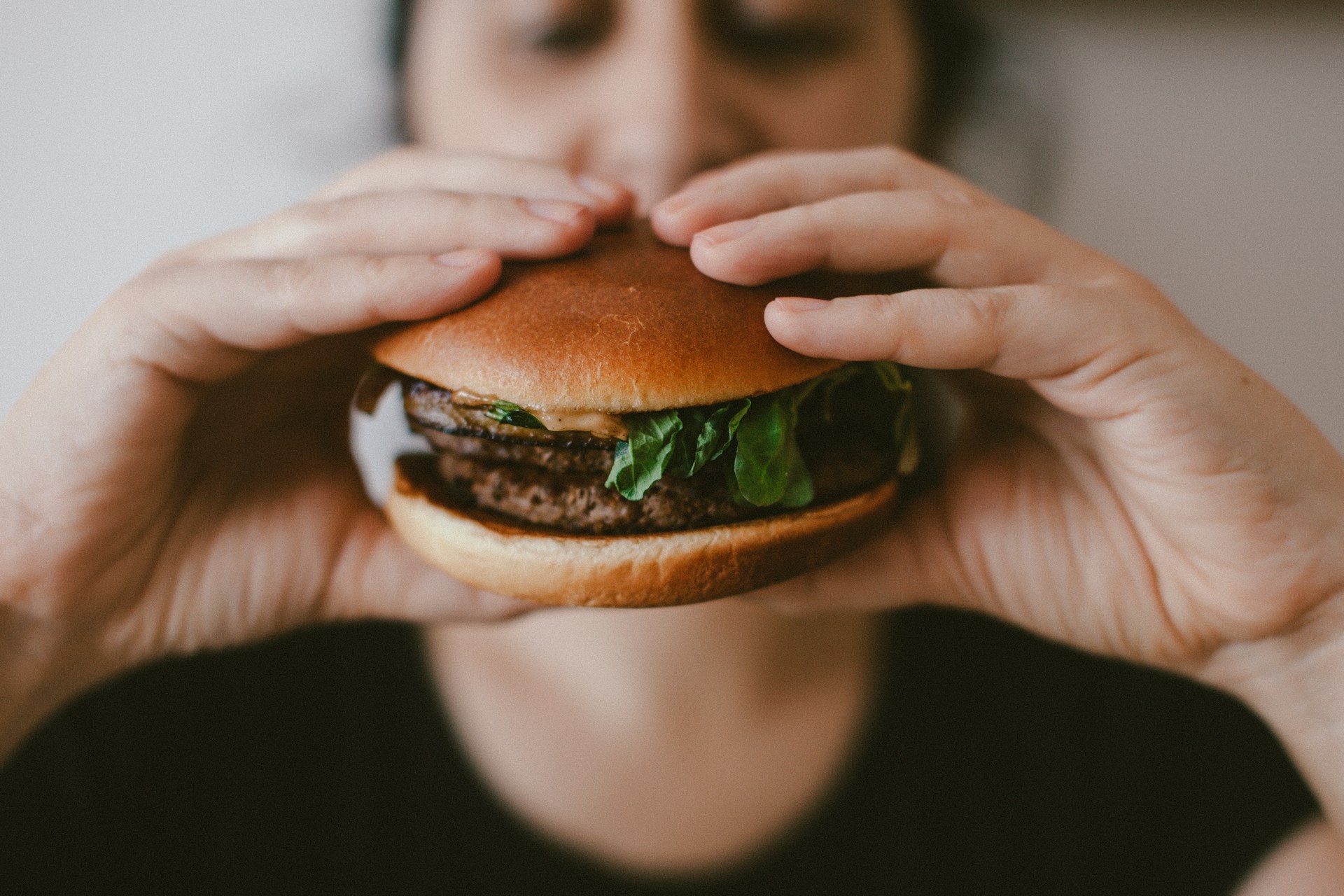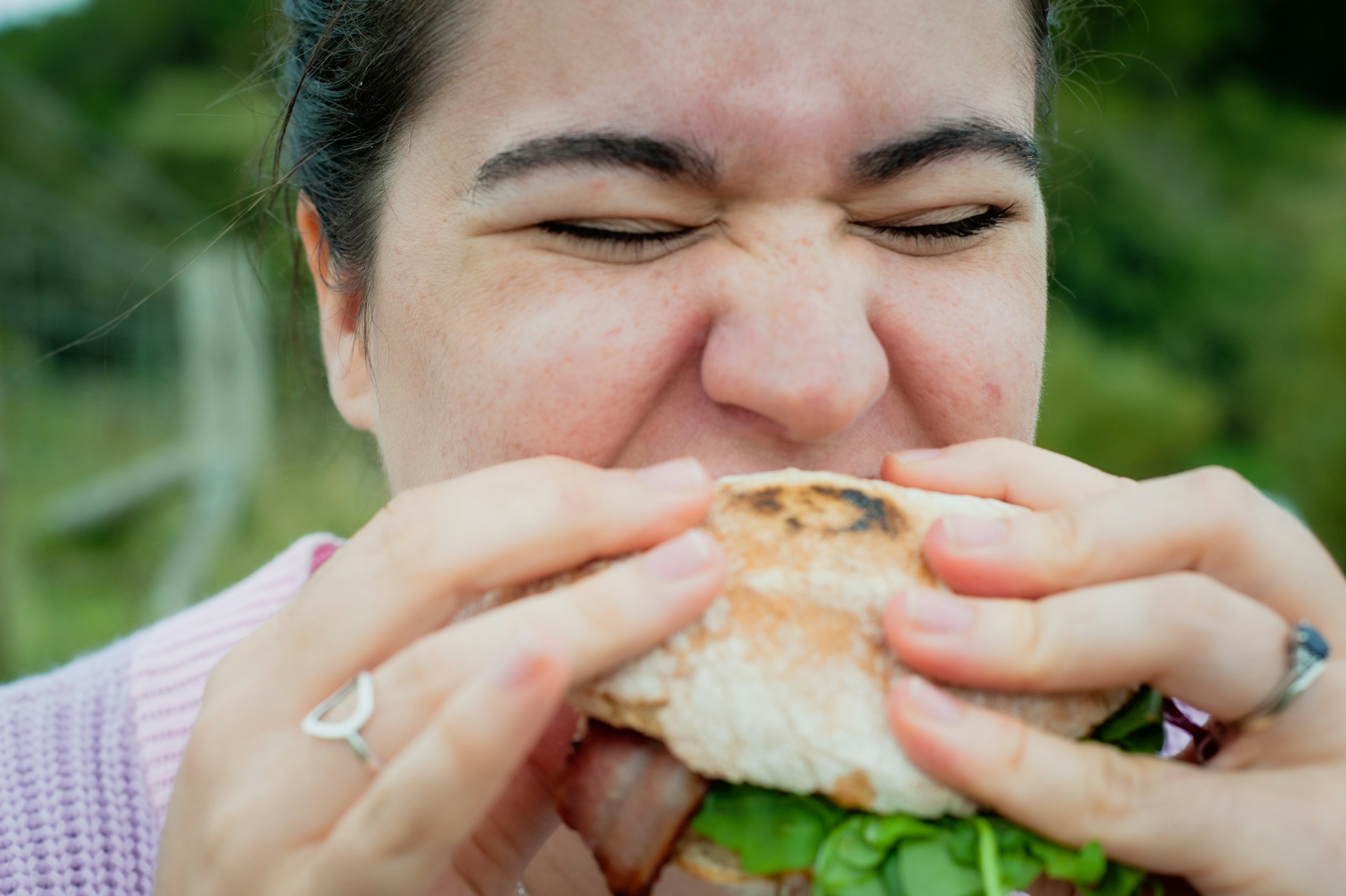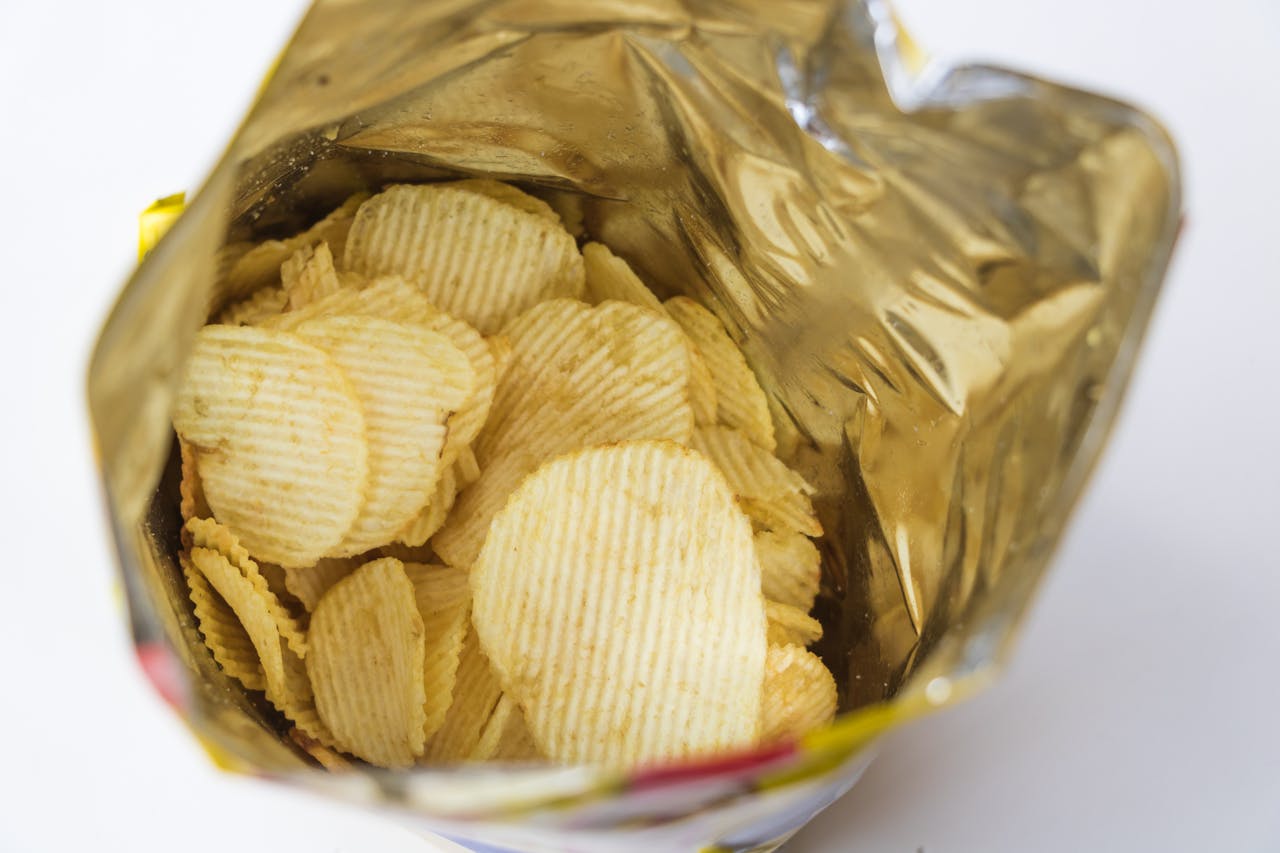How to Recognize Emotional Eating
Emotional eating, commonly referred to as “stress eating,” is an everyday struggle for most. Even though it’s hard to spot the warning signs, stress eating does far worse than a gained pound or two. Here are some classic red flags and how you can deal with them.
 Photo by Alexander Grey on Pexels
Photo by Alexander Grey on Pexels
1. Mindless Snacking
We tend to reach for snacks during enjoyable activities—popcorn with movies, potato chips with sporting events, you name it. But there’s a difference between snacking and mindlessly eating during mundane tasks. This kind of behavior often leads to overeating or digestive issues.
 Photo by THE ORGANIC CRAVE Ⓡ on Unsplash
Photo by THE ORGANIC CRAVE Ⓡ on Unsplash
2. Food as a Reward
Stressful days or difficult tasks sometimes warrant a little downtime, but they seldom deserve an unhealthy snack. Soothing discomfort this way leads to unhealthy eating and can reinforce the habit of using food for emotional support.
 Photo by Thomas Kelley on Unsplash
Photo by Thomas Kelley on Unsplash
3. Eating to Suppress Emotions
Suppressing negative emotions with food does far more harm than good. Feelings are meant to be felt, regardless of how painful they are, and reaching for food instead only keeps a cork on what you ought to express. It’s also a damaging coping mechanism that doesn’t get to the root of the problem.
 Photo by Szabo Viktor on Unsplash
Photo by Szabo Viktor on Unsplash
4. Private Snacking
Stress eaters often hide their habits, sometimes snacking alone to avoid shame. That kind of secrecy can also indicate that you’re using food as a means to cope with difficult emotions.
 Photo by Sebastian Gómez on Unsplash
Photo by Sebastian Gómez on Unsplash
5. Wolfing Down Food
Some stress eaters seem to be in a race to the finish line at dinner, scarfing down food as a stress response. Not only does this lead to overeating, but it’s also a big sign you aren’t enjoying your food and likely using it to deflect certain emotions.
 Photo by Frederick Medina on Unsplash
Photo by Frederick Medina on Unsplash
6. Eating When You’re Not Hungry
It’s not a good sign if you eat when you aren’t hungry. Reaching for food as a distraction or out of boredom can cause all kinds of trouble. You’ll likely overeat, you probably won’t feel good afterward, and you also reinforce bad habits by ignoring your body’s hunger cues.
 Photo by Sean McClintock on Unsplash
Photo by Sean McClintock on Unsplash
7. Hoarding Items
We’ve all got snacks in our pantry, but stockpiling is in a league of its own. Hoarding food underlies the reality that you rely on it to overcome stressful situations, which isn’t healthy for your mind or body.
 Photo by Denny Müller on Unsplash
Photo by Denny Müller on Unsplash
8. Feeling Sick Afterward
We’ve learned that stress eating usually comes with larger portions, eating when you’re not hungry, or wolfing down meals. While those behaviors come with their own side effects, they also impede bodily health—headaches, stomach cramps, bloating, and long-term digestion issues are all at stake, too.
9. Eating Though You’re Full
It’s a classic stress-eating sign to chow down even when you’re full. Continuous snacking often stems from a need to find comfort or relieve stress, ultimately making it an unhealthy coping mechanism. It’s also a good way to get a stomachache.
 Photo by Andres Ayrton on Pexels
Photo by Andres Ayrton on Pexels
10. Instinctively Grabbing Food
As with any habit, our bodies grow accustomed to them. If you find yourself mindlessly reaching for snacks, your body and brain have likely recognized stress eating as a major coping strategy, regardless of its dangers.
 Photo by Harry Grout on Unsplash
Photo by Harry Grout on Unsplash
It’s important to know the signs before you can heal. Now that we know a couple of red flags to look out for, let’s dive into what you can do about it.
1. Identify Triggers
Nailing down your triggers helps pinpoint harmful patterns and behaviors. Keep a journal or try to be more mindful of certain situations. Stress eating usually stems from difficult emotions like anxiety, sadness, and of course, stress—recognizing those emotions is the first step to understanding what’s going on.
 Photo by Helena Lopes on Unsplash
Photo by Helena Lopes on Unsplash
2. Get Enough Sleep
Poor sleep only exacerbates stress, which can lead to more emotional eating. Your body may also seek out more energy in the morning. Prioritize a healthy sleep schedule, limit screen time beforehand, and don’t munch on any late-night snacks.
 Photo by Craig Adderley on Pexels
Photo by Craig Adderley on Pexels
3. Work Out
Regularly working out reduces stress and can curb the desire to overeat. Even something small like short walks or beginner’s yoga can release endorphins and massively improve mood. Don’t worry if you can’t lift your body weight right out of the gate—it’s just about moving your body!
 Photo by Mikhail Nilov on Pexels
Photo by Mikhail Nilov on Pexels
4. Eat Better
Eating better isn’t just about working healthier foods into your diet. Healthier eating also includes mindfulness, which means eating slower, enjoying every bite, and respecting hunger signals. Practicing better eating helps pick out times you stress eat and what the root cause may be.
 Photo by Andres Ayrton on Pexels
Photo by Andres Ayrton on Pexels
5. Be Kind to Yourself
Stress eating is a common coping strategy among many—change won’t be easy. Be kind to yourself throughout the process. You’re working on all kinds of new things like healthier eating, more sleep, and safer stress relievers, which won’t happen overnight.
 Photo by Oluremi Adebayo on Pexels
Photo by Oluremi Adebayo on Pexels
6. Soothe in Other Ways
The good news is that you don’t need food to deal with stress. Activities like going for walks, listening to music, or reading a good book can help reduce stress. They’re also good distractions from the snack drawer.
 Photo by Thought Catalog on Unsplash
Photo by Thought Catalog on Unsplash
7. Build a Support System
Believe it or not, surrounding yourself with trusted people is a big part of the healing process. It might not seem like the two are related, but venting to friends means you don’t need snacks to curb stress. Expressing yourself to a support system is a far healthier way to deal with emotions.
 Photo by Helena Lopes on Pexels
Photo by Helena Lopes on Pexels
8. Give Yourself Time Before Eating
Pause and reflect before reaching for a snack. Try and take a couple of minutes to figure out why you want to eat. Are you worried? Did you have a bad day at work? Listening to your mind is just as important as listening to your body.
 Photo by Srattha Nualsate on Pexels
Photo by Srattha Nualsate on Pexels
9. Deal With Feelings
It’s never a good idea to suppress emotions. Negative feelings will still be there after stress eating, which leads to lingering upset because nothing was truly dealt with. It’s better in the long run to recognize triggers and address them in healthy ways.
 Photo by Vitaly Gariev on Unsplash
Photo by Vitaly Gariev on Unsplash
10. Professional Help
As mentioned, these changes won’t be easy. You may need to recruit professional help and there’s no shame in that. Therapists or support groups can help veer you away from nasty habits, making way for better ones.
KEEP ON READING

Happy Hour: The 20 Best Foods For Social Snacking








